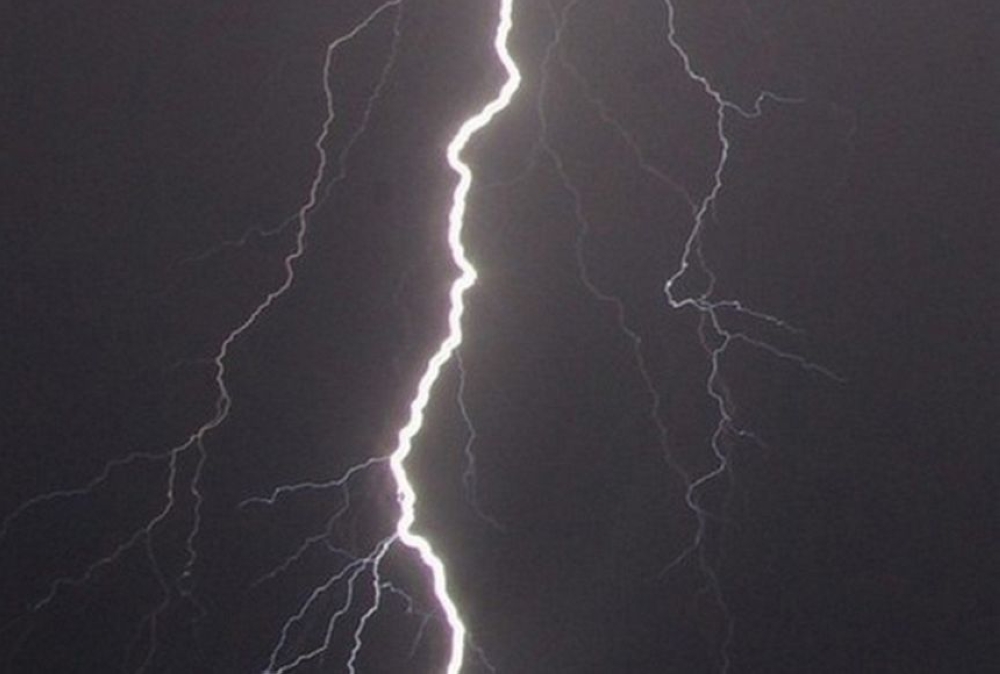CAPE TOWN. The ruling African National Congress (ANC) on Thursday joined the growing chorus in condemning the recent spates of xenophobic attacks on foreigners in parts of South Africa.

CAPE TOWN. The ruling African National Congress (ANC) on Thursday joined the growing chorus in condemning the recent spates of xenophobic attacks on foreigners in parts of South Africa.The ANC "condemns in the harshest possible terms” the recent spates of violence in Port Elizabeth (the Eastern Cape), and Diepsloot and Orange Farm townships in Johannesburg, ANC national spokesperson Jackson Mthembu said in a statement.
In the violence, more than 15 shops owned by Somalis were trashed by locals and two Somali nationals died as a consequence. About 100 people have been arrested for their alleged association with the attacks.
"These incidents have seen, amongst others, the looting of shops, the displacement of foreign nationals and other incidents of public violence in these communities,” Mthembu said.The attacks are reminiscent of the May 2008 xenophobia attacks across the country, in which 62 people died. "The xenophobic violence incidents of 2008 are a lesson all of us must constantly draw from to foster unity and cohesion amongst our communities,” Mthembu said.
"Regardless of what the cause of these violent protests may be, the African National Congress condemns any attacks on members of society, irrespective of nationality.” The ANC called on the South African Police Services to "act decisively and with sternness on people involved in acts of vandalism, intimidation or any other type of public disorder.” All stakeholders in society must be part of the solution and exercise restraint when dealing with these matters in order to ensure that none amongst us exacerbates the situation by escalating tensions in an already sensitive situation, Mthembu said.Also on Thursday, the Congress of South African Trade Unions (COSATU) said it is totally opposed to xenophobia, hostility to people of a different race or nationality. "It (xenophobia) sets worker against worker and the poor against the poor, when we should be uniting our class in our common struggle for liberation and a better life, against those who exploit us.” COSATU attributed xenophobia to the apartheid regime’s deliberate strategy to destroy the economic infrastructure of South Africa’s neighbouring countries and support counter- revolutionary movements in order to destabilize them.
"As a result, some of these countries today still face huge problems of underdevelopment and poverty and there has been a constant stream of economic refugees into South Africa, looking for work and an escape from poverty,” COSATU said. These economic refugees compete with the millions of unemployed South Africans for too few jobs, the national union federation said, COSATU, added.The Statistics SA Quarterly Labour Force Survey revealed last month that the number of unemployed increased by 100,000 people, to 4.6 million in the first quarter of 2013, taking the official unemployment rate to 25.2 percent, up from 24.9 percent in the fourth quarter of 2012. "The demons of violence and of xenophobia frequently appear in community service delivery protests.




